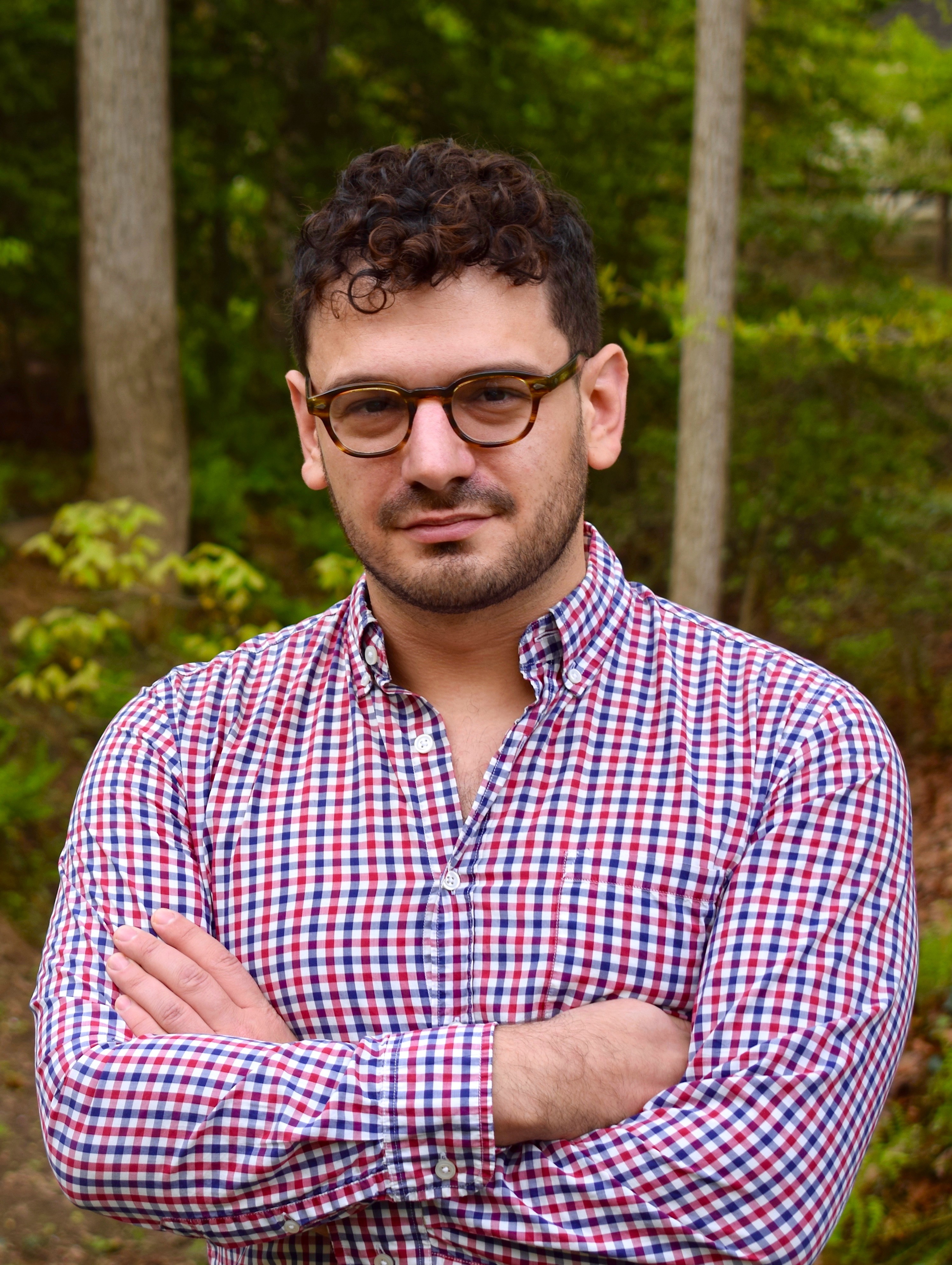Harry Eli Kashdan is a scholar of food culture and migration in the contemporary Mediterranean. He holds a Ph.D. in Comparative Literature from University of Michigan, and was Lauro de Bosis Postdoctoral Fellow in Italian at Harvard University and Postdoctoral Scholar in the Global Mediterranean at The Ohio State University before joining the University of Pennsylvania. His work on the literary qualities of cookbooks has been published in Food & Foodways, Mashriq & Mahjar, Quest, and Italian Culture. His current projects include a monograph exploring neighborly relationships between host countries and migrants in the Mediterranean, articles on Syrian refugee cookbooks and Italian food and travel television, and a co-edited volume (with Philip Gleissner) of essays by American immigrant food writers on the Covid-19 pandemic.
Harry Kashdan
Andrew W. Mellon Postdoctoral Fellow in the Humanities
2021—2022 Forum on Migration
Harry Kashdan
Comparative Literature
University of Michigan, 2018
The Neighbor's Table
The Neighbor’s Table examines the role of food in contemporary Mediterranean migration narratives. Through close readings of novels, memoirs, and films, I show how the culinary practices of migrants bind together distinct local polities and peoples across the Mediterranean zone. A Mediterranean perspective on contemporary migration encourages comparisons that undermine North-South and East-West oppositions, enabling a shift from binary models of self and other to a nuanced continuum of relationships between neighbors. My readings address 1) the roots of multi-generational expatriate families in Mediterranean metropolises, 2) the cultural and political tensions brought to the surface when new arrivals attempt to settle across the sea, and 3) the liminal status of those passing through Mediterranean territory on their way to other destinations. I demonstrate how ideas of neighborliness structure the expectations of migrants and refugees as well as their hosts, and imagine “the neighbor’s table” as the site for meetings between them, asking how their relationships are worked out through the medium of food.



